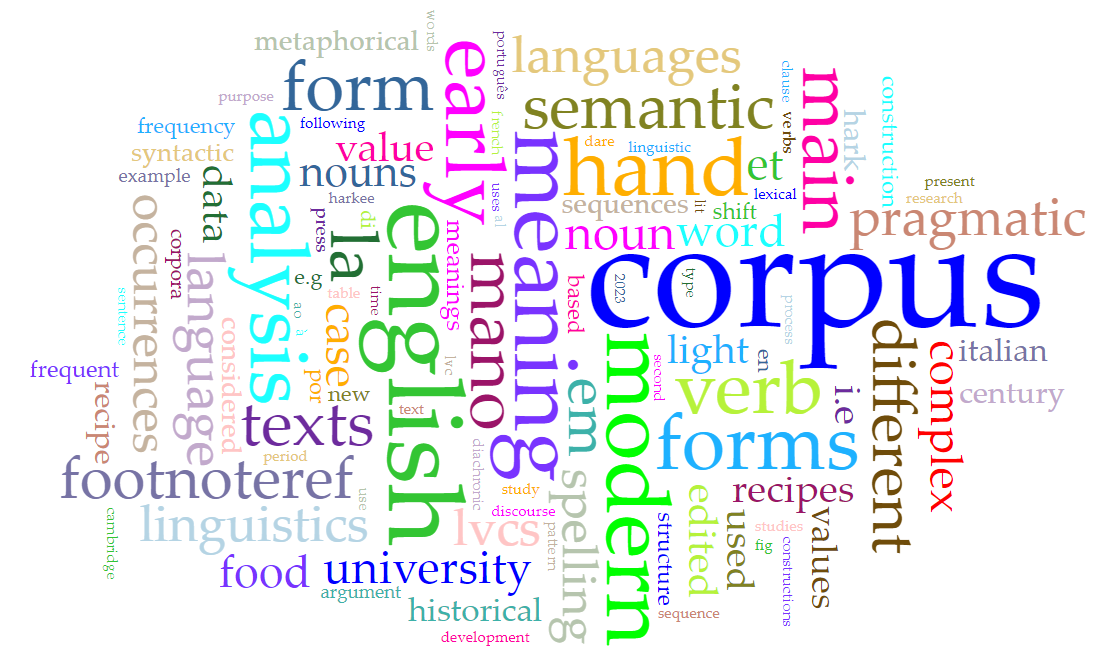The Intersemiotic Journey of André Marie de Chénier, through Umberto Giordano, Mario Martone and Audio Description
DOI:
https://doi.org/10.13133/2239-1983/18579Abstract
The story of André Marie de Chénier is real and well known: he was a poet and a political journalist martyrized during the French Reign of Terror. The way his story is conveyed in Umberto Giordano’s opera Andrea Chénier is realistic, to such an extent that it is often classified as a masterpiece of verism. Mario Martone’s new reading of the opera for his 2017 production of Andrea Chénier is faithful both to the story of the poet and to Umberto Giordano’s portrayal offered in his opera, first performed at Teatro alla Scala in Milan, Italy, in 1896. Martone’s reading was staged at Teatro alla Scala for the season première and revamped in 2023, also through a new form of intersemiotic translation, i.e., audio description for the blind and partially sighted. The thread that runs through all these rewritings and retellings is strong, complex and rich. It is precisely this complex journey from history to audio description that is at the core of this essay, with an eye to faithfulness in intersemiotic translation and the creation of timeless texts precisely through faithful readings and transfers.
Downloads
Published
How to Cite
Issue
Section
License
Gli autori che pubblicano su questa rivista accettano le seguenti condizioni:- Gli autori mantengono i diritti sulla loro opera e cedono alla rivista il diritto di prima pubblicazione dell'opera, contemporaneamente licenziata sotto una Licenza Creative Commons - Attribuzione che permette ad altri di condividere l'opera indicando la paternità intellettuale e la prima pubblicazione su questa rivista.
- Gli autori possono aderire ad altri accordi di licenza non esclusiva per la distribuzione della versione dell'opera pubblicata (es. depositarla in un archivio istituzionale o pubblicarla in una monografia), a patto di indicare che la prima pubblicazione è avvenuta su questa rivista.
- Gli autori possono diffondere la loro opera online (es. in repository istituzionali o nel loro sito web) prima e durante il processo di submission, poiché può portare a scambi produttivi e aumentare le citazioni dell'opera pubblicata (Vedi The Effect of Open Access).


